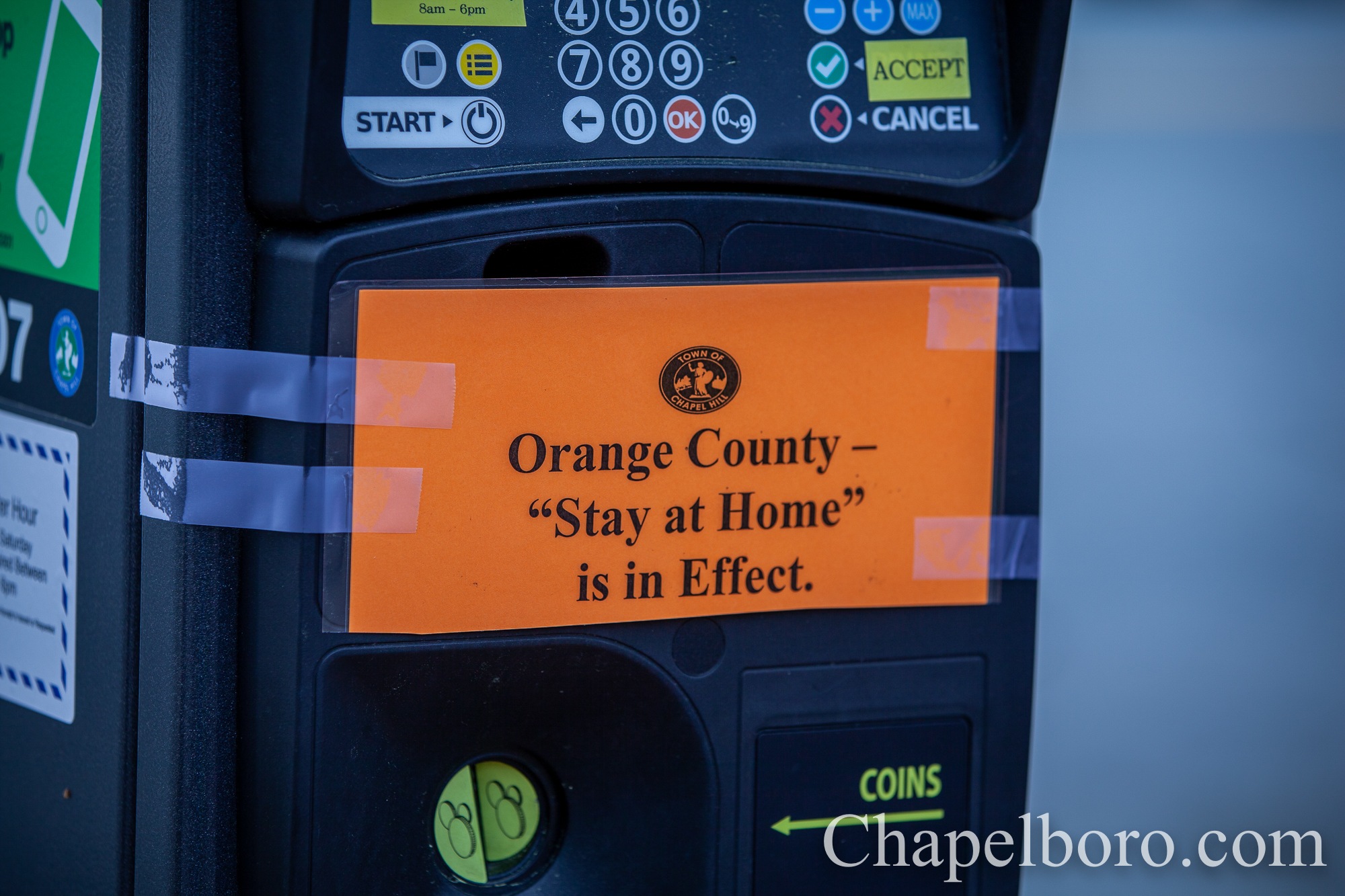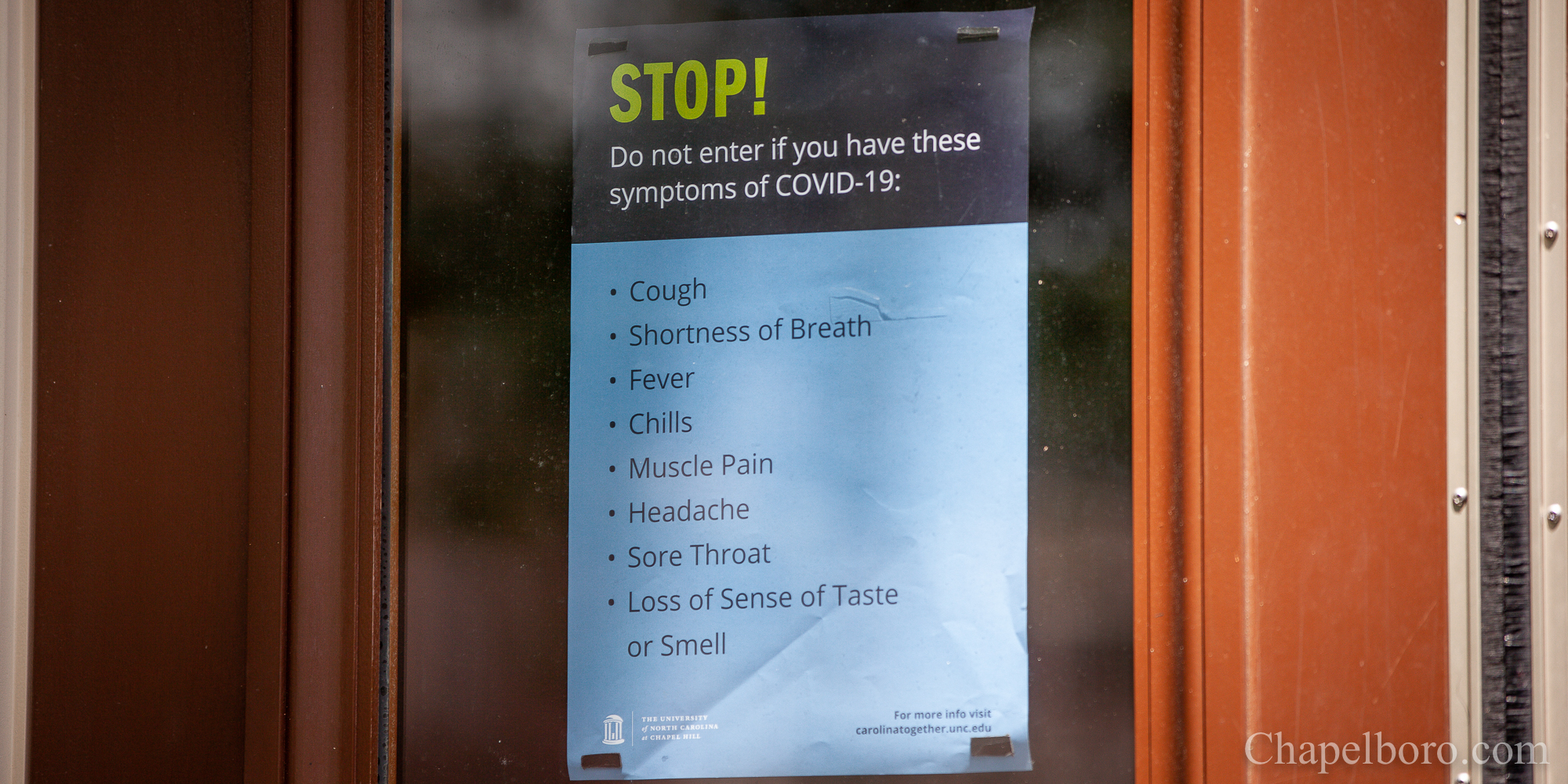With schools closed due to the coronavirus pandemic, many kids in the community are left in a position where they are falling behind with their education. In an effort to adjust to the current climate, Orange Literacy in Carrboro has found new ways to help those kids—and their parents—continue learning in a productive manner.
The executive director of Orange Literacy, Alice Denson, recently spoke with 97.9 The Hill’s Aaron Keck about how her organization—a non-profit which provides many different one-on-one and small group tutoring services–has adjusted to meet the current needs.
Denson said that as soon as they realized schools could end up closing, the move was made to start training their teachers and students on how to use video conferencing software. All services were moved online, while students without internet access have had written lessons put together and dropped off at their doorsteps.
To this point, the results have been well-received—with Denson saying it’s likely they will continue to heavily feature online learning even after the pandemic is over.
“It’s taught us that we need to open up in what we’re doing,” Denson said. “And making sure we’re including everything out there that’s possible to help our students. We traditionally do in-person, but our students are so open to technology that we need to bring it in. And we need to make it possible for them.
“That’s going to require us to invest a bit more in the technology side of what we’re doing,” she added. “But I think the payoff for our students will be tremendous.”
In addition to helping kids who are in school, Orange Literacy also provides classes for adults as well. This has become especially important because parents have taken on the role of teachers for their kids at home during the pandemic.
Without the necessary skills in literacy or math, that job is especially difficult to perform—creating a situation where the gap is widened between kids with well-educated parents and those that are less fortunate.
“Illiteracy is a multi-generational problem,” Denson said. “If your parents were not literate, then they’re not reading to you, they’re not working with you, and chances are your skills will be low. And the same thing will happen with your children. And it just continues on and on.”
Over the short term, Denson admits there’s only so much that can be done to address that issue outside of making sure they keep students involved with learning and keeping tutors easily accessible one way or another.
When it comes to the long run, she stressed that keeping literacy services available to anybody that wants them is the key—also noting that the role technology plays will be of great importance, especially for those who lack transportation to meet in person on a regular basis.
Although the pandemic has brought about plenty of negatives, Denson is optimistic about the changes it has brought about and what that means for the future.
“I think we will look a little different and I welcome that,” Denson said. “I think it’ll be a good change. Not one that we would have chosen to happen the way that it did, but I think it’ll be good.”
Chapelboro.com does not charge subscription fees. You can support local journalism and our mission to serve the community. Contribute today – every single dollar matters.
Related Stories
‹

Chapel Hill, Carrboro Mayors Recommend Face Coverings, but No RequirementThe City of Durham has been requiring residents to wear face coverings when out in public in an effort to fight COVID-19 since April. But it’s not likely the same legislation will be passed for the towns of Orange County for now. While all levels of government within Orange County have routinely recommended residents to […]

Orange County, Town of Carrboro Approve Emergency Funds to Aid Small BusinessesThe Board of Orange County Commissioners and the Carrboro Town Council both held teleconference meetings on Tuesday night. Both discussed how their respective government can help small businesses during the COVID-19 outbreak, ultimately approving emergency loan and grant programs. It was the first business meeting for both the Carrboro Town Council and the Board of […]

What Local Events Are Being Canceled Over Coronavirus Concerns?This post will continue to be updated regarding any cancellations or postponements of events in the Orange and Chatham county communities from concerns of the ongoing spread of the novel coronavirus, also known as COVID-19. The North Carolina Botanical Garden will be closing its main garden and education center beginning on Friday, March 20. A […]

Carrboro To Require Masks in Town Facilities, Vaccinations for All EmployeesStarting next week, on August 9, the Town of Carrboro will require all employees and visitors accessing town facilities to wear masks, regardless of vaccination status. According to a Carrboro press release, “The town continues to follow public health guidance from Orange County and the state in support of a safe and responsible reopening of […]

COVID-19: Need Help? Here's Where To StartThe COVID-19 pandemic has created and exacerbated many needs in our community. More and more folks are in need of food, financial support, and physical and mental health services; local businesses are seeking funds to get them through the downturn; and all of us are looking for information to help us better understand what’s going […]

Top Stories of 2020: Local Government Response to COVID-19To reflect on the year, Chapelboro.com is re-publishing some of the top stories that impacted and defined our community’s experience in 2020. These stories and topics affected Chapel Hill, Carrboro and the rest of our region. As the COVID-19 pandemic spread across North Carolina, local elected officials worked to ensure the health and safety of […]

Orange County Not Hosting COVID-19 Testing on Election DayThe Orange County Health Department will not host its daily COVID-19 testing event on Election Day. The county has begun its free daily testing event — held Monday through Friday at the Whitted Building in Hillsborough from 9 a.m. to 5 p.m. However, no testing will be available on Tuesday during Election Day. WEEKDAY TESTING […]

Orange County Health Department to Offer Free Daily COVID-19 TestsBeginning next week, the Orange County Health Department will offer free COVID-19 tests to all residents who need one. Tests will be available at the Whitted Human Services Building (300 West Tryon Street, Hillsborough) from 9 a.m. to 5 p.m. each day beginning on Monday, October 26. The only day when tests will not be […]

Orange County Hosting Weekly COVID-19 Testing Event in Chapel HillThe Orange County Health Department has announced a weekly COVID-19 testing event that will take place every Wednesday in Chapel Hill. The testing event will take place every Wednesday for the foreseeable future from 10 a.m. to 2 p.m. at the R-7 parking lot at 725 Martin Luther King, Jr. Boulevard in Chapel Hill. Anyone […]

Orange County Recommends UNC Begin Fall Semester Virtually, Restrict On-Campus HousingThe Orange County Health Department is recommending that UNC consider begin the fall 2020 semester with virtual classes and restrict on-campus housing to at-risk students with housing needs. Orange County Health Director Quintana Stewart said in a July 29 letter to campus leadership that she “received a massive amount of emails from community members, UNC […]
›












